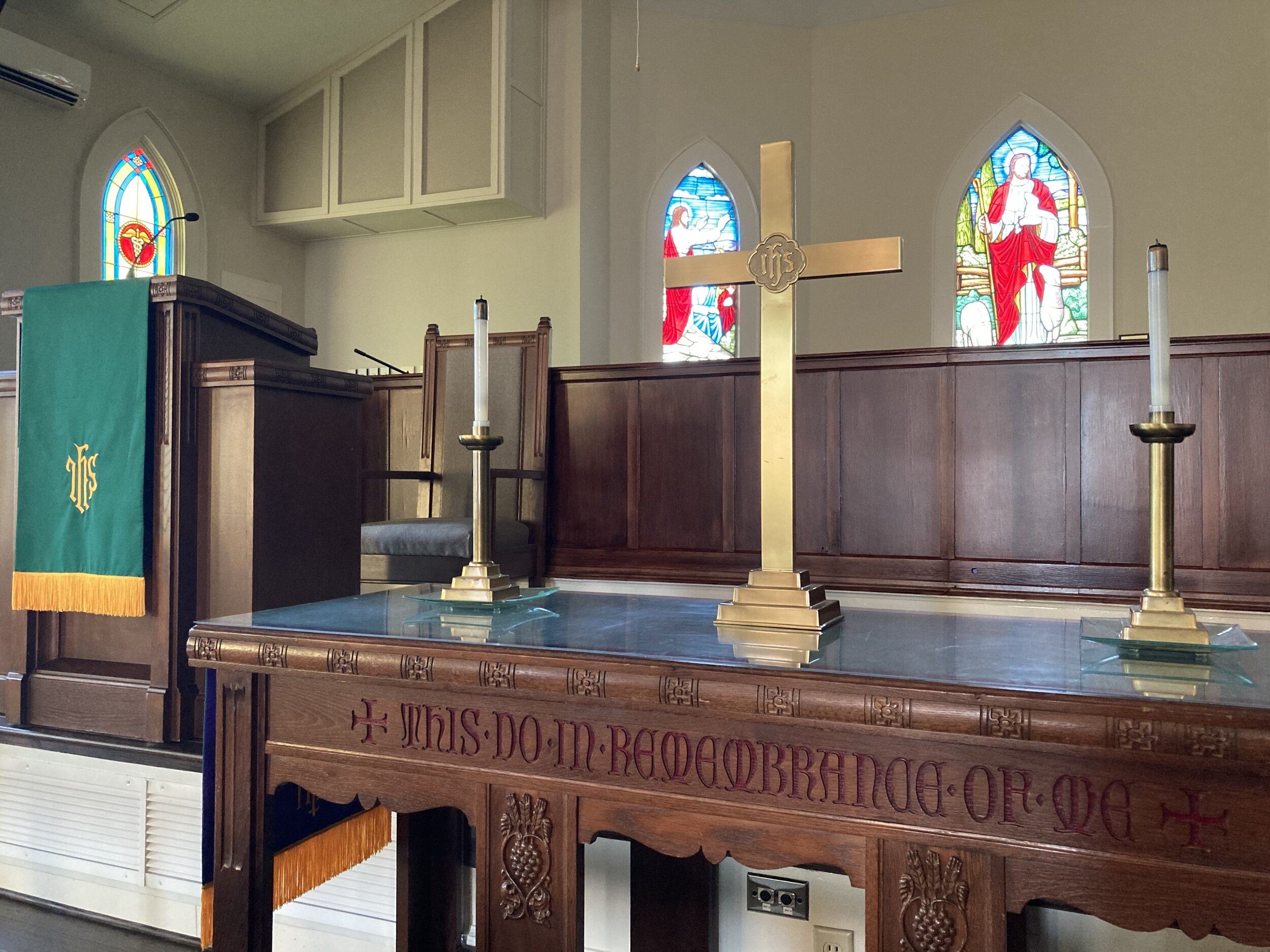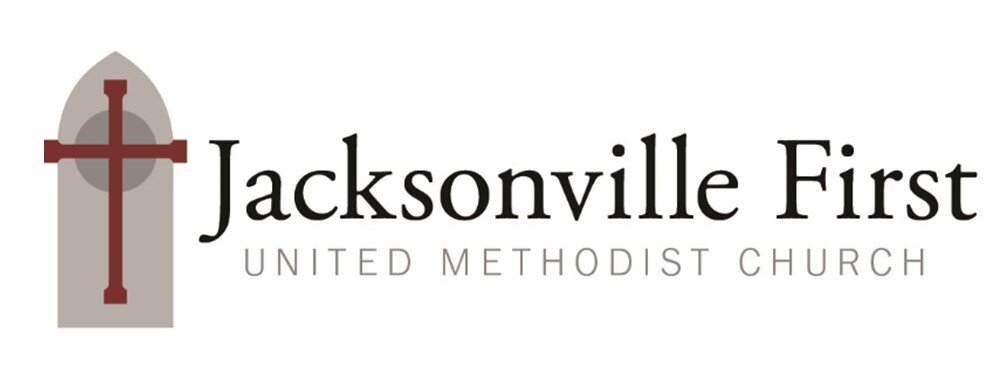
What We Believe
The United Methodist Church is a 12.5 million member world-wide denomination, the largest of many denominations in the Methodist faith family that total approximately 80 million people in the world. The United Methodist Church is the second largest protestant denomination in the United States, and the most evenly wide spread. We love our denomination, but we live for Jesus Christ. We follow the passionate, heart-warming spirituality of the English reformers John and Charles Wesley.
We do not believe that we are “right” and everyone else is “wrong.” But we have a unique flavor. Methodists believe that while we are sinners in need of grace, our most essential identity is that we are beautifully created in the image of God. We trust in the expansive nature of God’s grace, which reaches to us before we even know it and continues to transform us long after we embrace it. We believe that God gives us the free will to respond, and we cooperate with God through spiritual practices such as scripture, prayer, worship and sacraments, sacrificing for God, and developing Christian relationships to hold us accountable. These are the “methods” of Methodism, the ways we open ourselves to God’s incredible grace.
Jesus calls us to be followers, not just fans, and personal relationship with Christ nourishes us for that great adventure. We believe in the essential nature of God as Trinity (Father, Son, and Holy Spirit). We affirm that the scripture is the inspired revelation of God, and we believe that Jesus Christ is the Word made flesh to dwell among us. We assume that faith is informed by a healthy balance of scripture, tradition, reason, and experience. We believe that faith in Christ warms the heart and changes the world around us.
There is an excellent website on United Methodist beliefs which includes sections on basics of faith, sacraments, and spiritual living. Check out What We Believe.
Interested in more?
Here are some thoughts and reflections for those who would like to know more about Methodist beliefs.
The Christian church is like a river, with Jesus Christ as its source. In time the river has divided into smaller rivers and tributaries. But like a river, as travelers move upstream, they will find their way back to the source, Jesus Christ.
Traditionally, Wesleyan Christians have emphasized the following:
God reaches us with immeasurable grace. Grace is active in our lives long before we respond, transforms us in faith, and makes us more complete through a lifelong journey. Wesley called these ways of grace prevenient grace, justifying grace, and sanctifying grace.
God gave us the gift of free will. We are called to respond to the graceful initiative of God in our lives.
God will comfort, guide, and forgive every person, no matter who they are or what they’ve done.
Our faith is one of the head, the heart, and the hands. We are called to serve.
We find spiritual fulfillment in the balance of solitary moments of reflection and the activities of a community of faith.
Faith is about love, not about being “right.” In essentials, we have unity. In non-essentials, we value diversity. In all things, we are called to be people of self-giving love.
We are a global movement that’s making a difference in the world. The Church is bigger than we are. We are part of the Body of Christ.
In practice, we are similar to other Protestant denominations, affirming our beliefs through the sacred acts of baptism and communion. For us, these are sacraments, the outward and visible signs of inward and spiritual grace. They aren’t just object lessons. Something happens here.
Through baptism, we accept God’s gift of grace. People of any age may be baptized, including infants who receive the prevenient grace of God. We recognize the baptisms of any Christian faith tradition, and we do not rebaptize those who come into the Methodist faith. There is no requirement among United Methodists about how baptism must be performed, although sprinkling is most common.
Everyone is accepted at the communion table, whether members of the Church or not, whether children or adults. This table is a table of grace and all are welcome. Communion is both a sacred experience with God and a celebration of our community life together. We are always becoming the Body of Christ in the mystery of God’s grace.
The history of United Methodism can be traced back to John Wesley, an Anglican priest who felt his own heart “strangely warmed” with an assurance of God’s love nearly three centuries ago. After this experience, he began a movement of “religion of the heart” along with his brother Charles, a musician and pastor in his own right. The early Methodist movement was based on the expansion of small groups within societies, holding each other gently accountable for their discipleship. It spread like fire through circuit riding preachers on horseback. Their work launched a movement that spread rapidly in the American colonies and took hold with a fervor that still exists almost 300 years later.
During that time, our hearts have led us to build many schools as well as churches. Methodists were among the first to create institutions of learning for settlers, women, and newly freed slaves. There are now 120 United Methodist educational institutions, including schools outside the U.S., most notably Africa University in Zimbabwe. But countless other schools, as large as Auburn University, were Methodist schools at one time.
Today, United Methodists comprise the second largest Protestant denomination in the United States. Our churches are connected by a system to guide our work and govern our policies. We continue to take the lead in social, spiritual, and moral concerns. In the tradition of John and Charles Wesley, our members study scripture, encourage thoughtful debate, and confront the tough issues of the day. We still lead with our hearts, keep our minds open, and welcome everyone through our doors.
